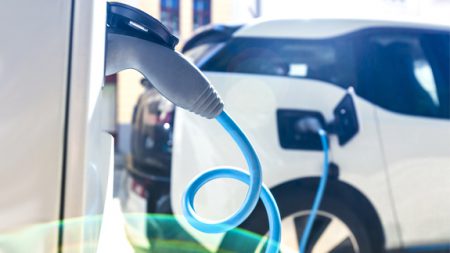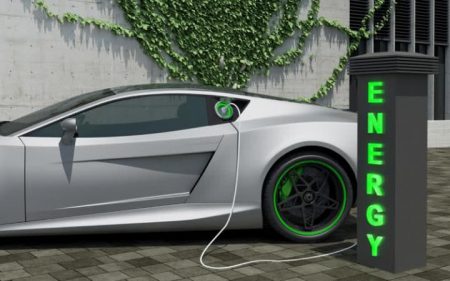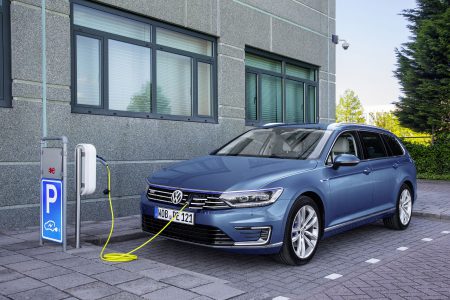Many people think EV batteries wear out as fast as phone batteries, but they couldn’t be further from the truth. Once considered among the worst, even Nissan Leaf’s batteries can endure for decades without significant degradation. This is one reason why EV battery replacements are quite unusual.
Electric vehicles’ value is usually affected by preconceptions about electric cars, the most important being the supposedly limited lifecycle of the high-voltage battery. This also hinders EV adoption because nobody wants to buy a car that will lose its value over time. The bad news is that many scary stories have made many people believe that EV batteries are fragile and expensive to replace. The good news is that they last a lot longer than critics claim, as evidenced in a recent study.
The high-voltage battery is the most expensive component of an electric vehicle, and it’s understandable why people are afraid they’d be ruined if anything goes wrong. The fact that one of the first widely available electric cars, the Nissan Leaf, wasn’t very good at retaining battery charge helped spread uncertainty about EV batteries. Nissan admitted that the first Leaf batteries used flawed battery chemistry and changed the formula. After that, Nissan Leaf’s batteries have proved among the most enduring in the market, showing almost no degradation.
Read more: autoevolution
It’s Time to Go Green!
If you would like to know more about Solar Panels and the PowerBanx range of home battery systems, and get a free instant quote, please complete our online form:




















